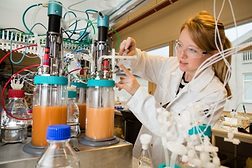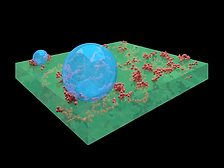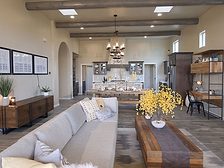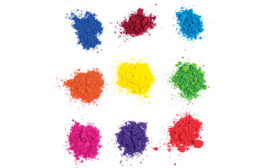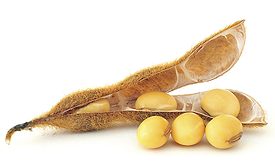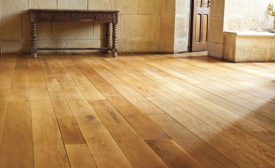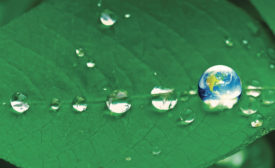Home » Keywords: » biobased coatings
Items Tagged with 'biobased coatings'
ARTICLES
Fibrillated Cellulose
A Natural, Biobased, Multi-Functional Stabilizer for Waterborne Coatings
Read More
The Emergence of Naturally Sourced Colorants
and Their Role in Advancing Modern Pigment Technologies
Read More
Biobased Polymers for Sustainable Coatings
Sustainable development is development that meets the needs of the present without compromising the ability of future generations to meet their own needs
Read More
Keep the info flowing with our eNewsletters!
Get the latest industry updates tailored your way.
JOIN TODAY!Copyright ©2025. All Rights Reserved BNP Media.
Design, CMS, Hosting & Web Development :: ePublishing

